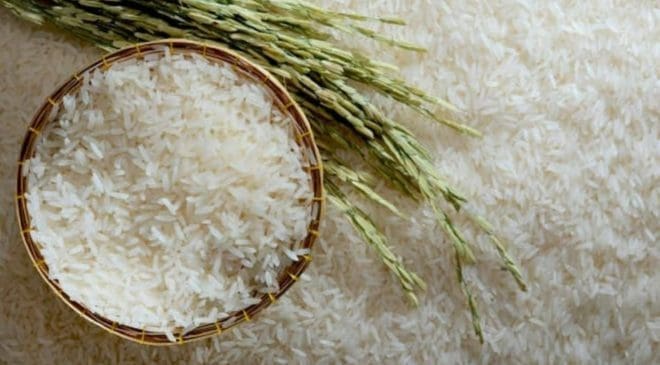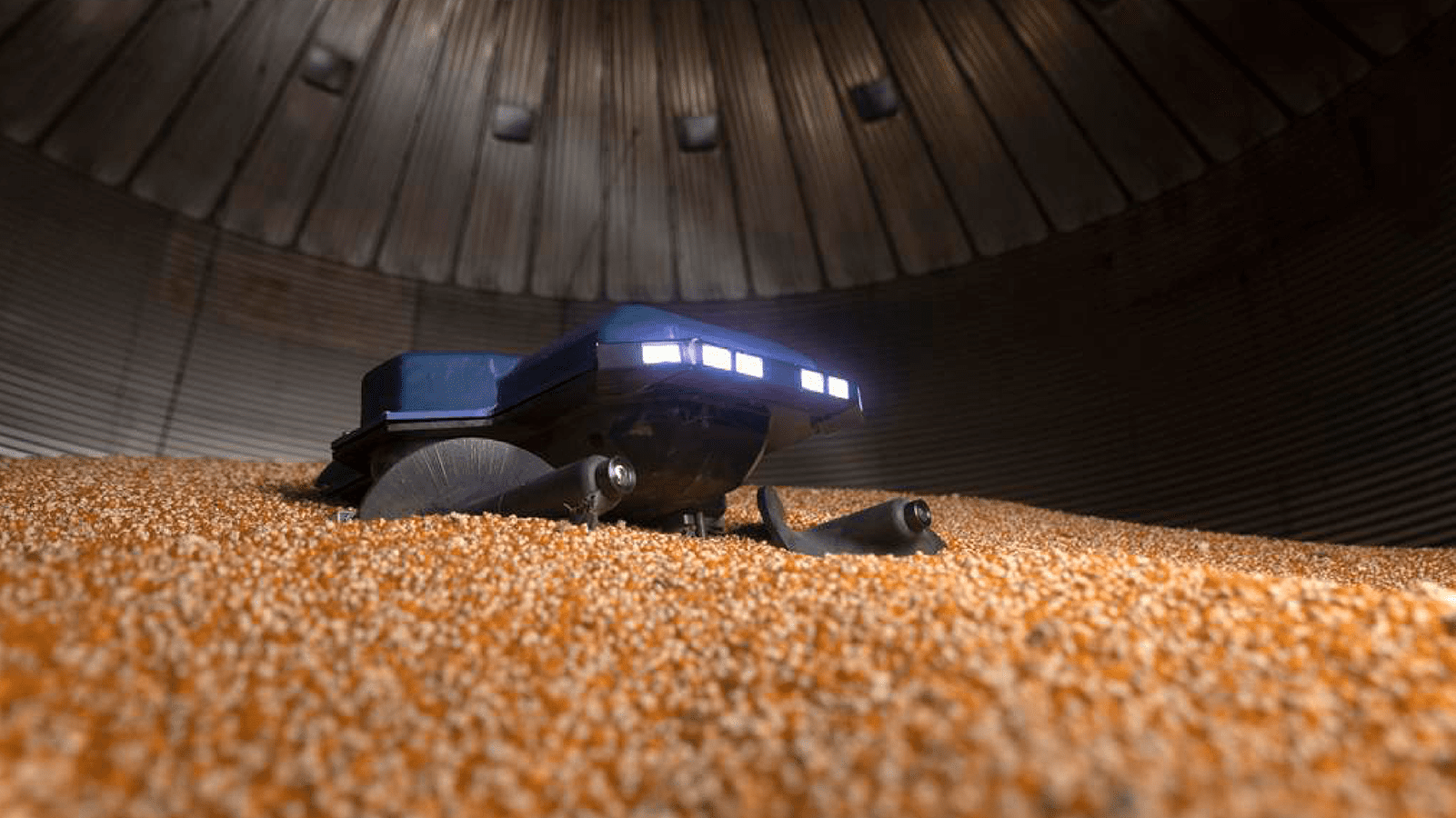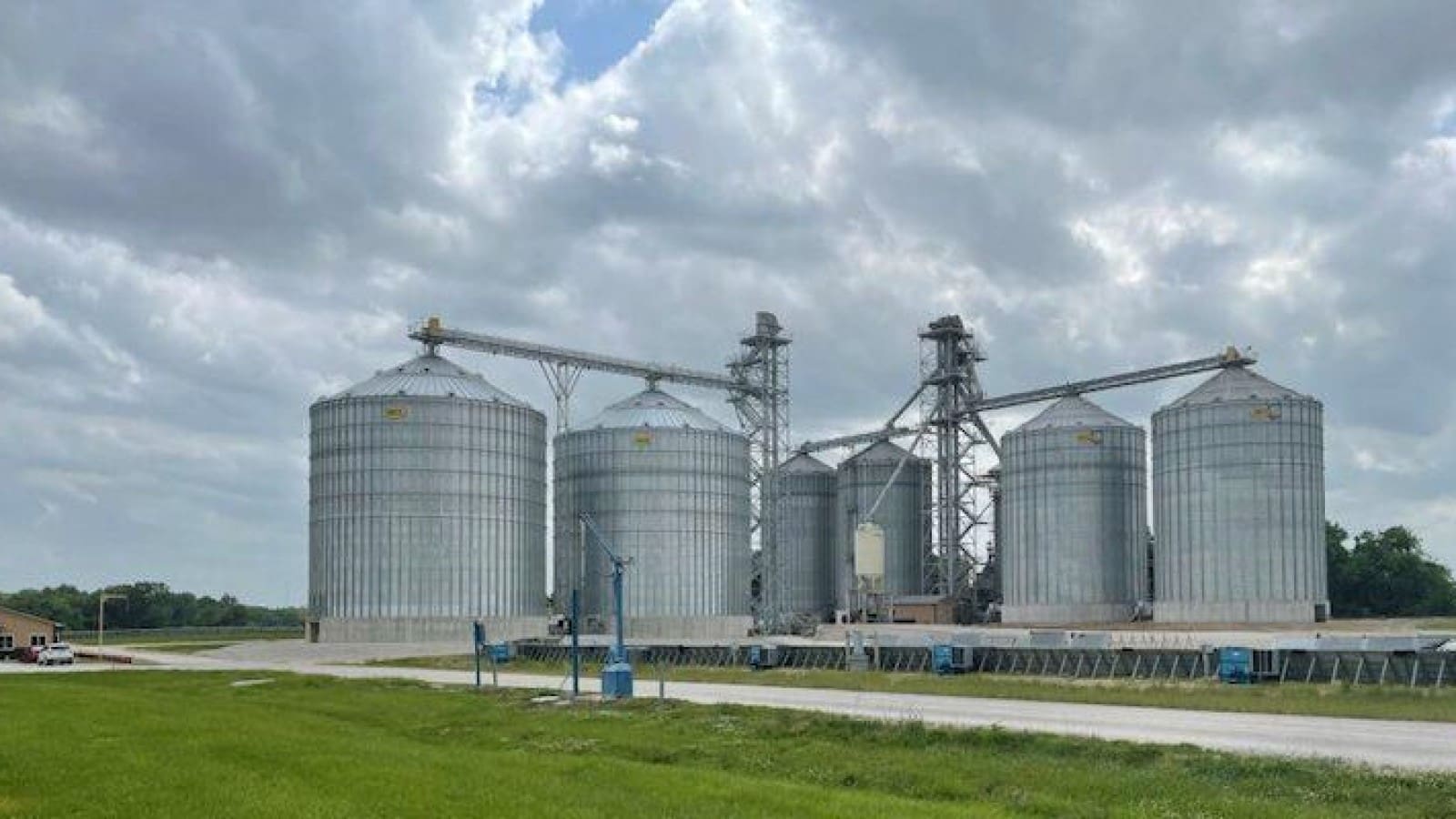AFRICA – The African Development Bank (AfDB) under its African Emergency Food Production Facility is committing US$90.91 million to support wheat and rice production initiatives in Sudan and Sierra Leone respectively.
The African Emergency Food Facility, a segment of the AFDB was launched in May 2022 to help African countries avert the ongoing food crisis due to the disruption of food supplies resulting from the war in Ukraine.
Sudan, the third largest country by land area in Africa is set to receive US$73.81 million to finance to support a Wheat Production Project aimed to increase local production and cut reliance on imports.
According to Nnenna Nwabufo, African Development Bank’s Director General for East Africa, Sudan is capable to be self-sufficient in wheat since it has the largest irrigated area in sub-Saharan Africa.
The project, which will be implemented by the World Food Program is projected to increase wheat production to achieve self-sufficiency as well as become an exporter to other regions.
Wheat production in Sudan is expected to more than double from the current 630,000 tonnes to 1.52 million tonnes in two years according to Nnenna Nwabufo, African Development Bank’s Director General for East Africa.
The project is also expected to benefit 400,000 smallholder farming households with a special focus on 40% of women. In addition, the project will create jobs for nearly 800,000 casual workers who will also benefit from spill-offs on the wheat, seed, and fertilizer value chain.
The Sudan Emergency Wheat Production Project (SEWPP) will also benefit from spillovers as well as lessons from previous projects cited by Mary Monyau, the African Development Bank’s Country Manager in Sudan.
Sudan had previously had successful projects such as Technologies for African Agricultural Transformation (TAAT) Wheat initiative (2018-2021) which realized increased yields from 1.5 to 2.3 tonnes/hectare and production from less than 350,000 tonnes to 1.1 million tonnes in just five years (from 2014 to 2019).
AfDB supports Sierra Leone rice initiative
In Sierra Leone, the AfDB is planning to release US$12.16 million to support rice production in Sierra Leone, a key staple food to achieve self-sufficiency.
The funding is aimed at filling the gap for the Rice Agro-Industrial Cluster Project worth $37 million which project which is yet to consolidate the total cost amount.
The Rice Agro-Industrial Cluster Project was first approved in November 2021 and the new tranche was based on the 2022 Performance-based Allocation.
The project is intended to bring the country towards rice self-sufficiency as well as is improving the livelihoods of rural households.
Through the project, rice farmers will have access to quality inputs, land and water management, mechanization, and extension services in a bid to increase rice production.
The project also aims at improving the rice value chain through rice processing. In so doing, the project will promote the consumption and marketing of locally processed rice.
In addition to the project, in July 2022, the AFDB approved a grant of $1.92 million to boost food production in Sierra Leone as a response to a looming global food crisis.
The grant was under the Bank’s African Emergency Food Production Facility which was launched to cushion African countries from the ongoing food crisis due to the disruption of food supplies resulting from the war in Ukraine.
For all the latest food industry news from Africa and the World, subscribe to our NEWSLETTER, follow us on Twitter and LinkedIn, like us on Facebook and subscribe to our YouTube channel.










